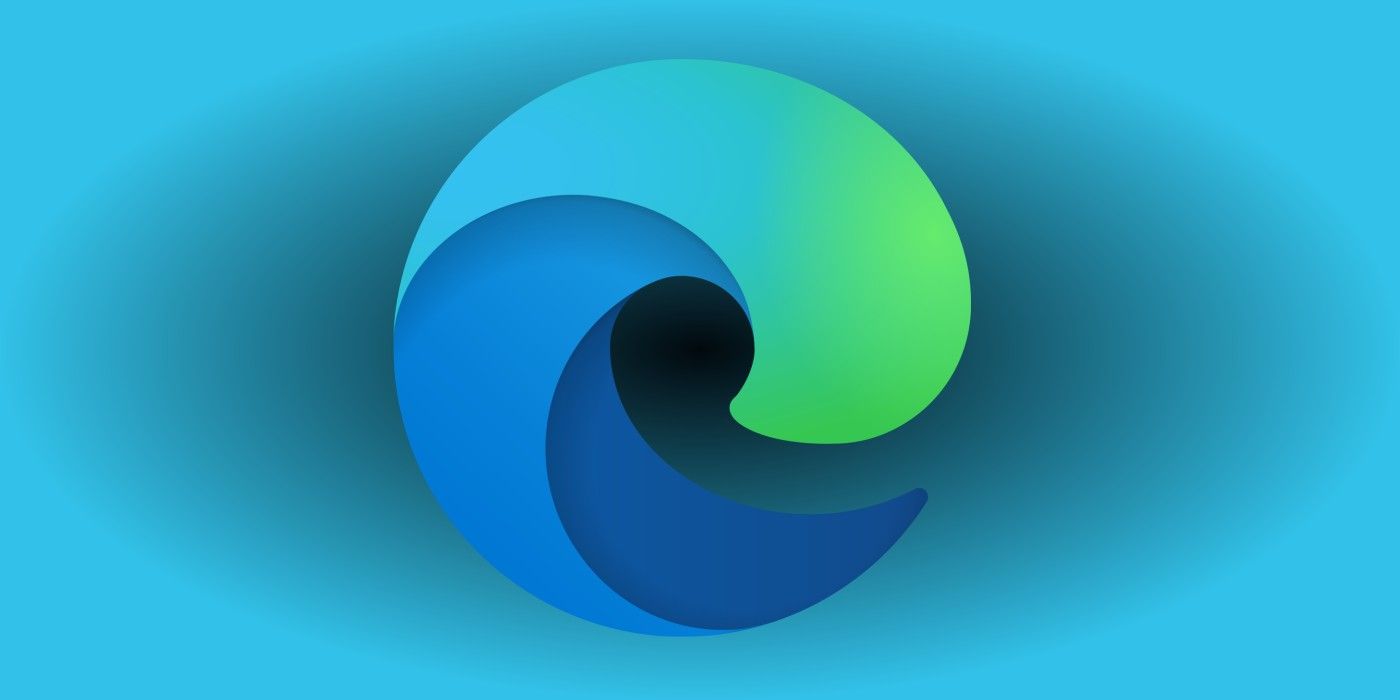
Microsoft Edge has slowly grown in market share throughout the past year, creeping closer and closer to Safari's shaky grasp on second place. Though the Microsoft browser got off to a rocky start last year, Edge can now stand firmer against the stalwarts of the industry, owing to its new Chromium-based system and the effects of the pandemic on the tech world. In the meantime, every other browser except Google Chrome has volleyed back and forth against each other in the standings.
Codenamed Spartan at first, Microsoft Edge was a completely different entity when it launched back in 2015. At the time, Edge was meant to replace Internet Explorer as Microsoft Windows' default browser, while still staying perilously close to the latter's tradition. Coupled with Google Chrome's dominance during those years, the Edge browser never amounted to much more than a better version of Internet Explorer. However, early last year, Microsoft started a major change in strategy for the relatively new browser. Instead of going up against its rival, Edge adopted a new Chromium-based engine, changing the browser's trajectory for the year.
Now, Microsoft Edge stands as the browser with the third-largest market share among desktop users globally. According to statistics site StatCounter, Edge had captured 8.03-percent of the market share as of March 2021, up from a paltry 0.57-percent in March 2020. In comparison, Apple's Safari has 10.11-percent, up from last year's 8.93-percent. For reference, the global leader Google Chrome still holds a towering 67.14-percent of the market share. Firefox is following close behind Edge with 7.95-percent while Internet Explorer trails with only 1.7-percent.

Last year's Chromium-based Edge launch was the final nail in Internet Explorer's coffin. Though Internet Explorer is still a part of the Windows ecosystem, Edge has usurped the former as the default browser option for (especially new) Windows users. In May, Microsoft also made browser adoption more aggressive. Bundled in a new Windows update, the company made it impossible to uninstall Edge easily by packing it in as an inherent part of the Windows system. As the ranking shows, Edge's market share started its upward trend since then. From only 1.24-percent in May, the browser grew to 2.37-percent in June and then 4.12-percent in July.
The pandemic is also likely to be a variable. After embracing a new work-from-home lifestyle, many likely rushed to get new devices to support their respective home offices. This influx of new devices, which included new laptops, has likely helped to push Windows (especially those packed with the new Edge browser) into more households, resulting in an identifiable uptrend. Not to mention, since launching the new Edge, Microsoft has consistently pushed out updates improving the browser experience, including better integration for both Windows and Chrome users. However, the browser still lags behind in other traits, and especially in terms of security.
Although the browser still has a long way to go before it can capture more of the market, Microsoft can rest a bit easier knowing an increasing number of users appear to be settling for the default Edge option, rather than searching for an alternative.
Source: StatCounter
https://ift.tt/3my6CWt
April 06, 2021 at 05:45AM




